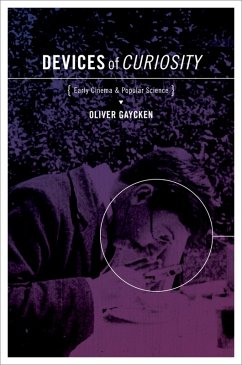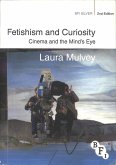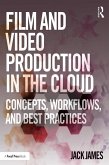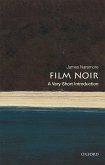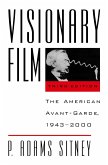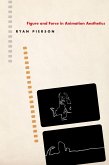Devices of Curiosity excavates a largely unknown genre of early cinema, the popular-science film. Primarily a work of cinema history, it also draws on the insights of the history of science. Beginning around 1903, a variety of producers made films about scientific topics for general audiences, inspired by a vision of cinema as an educational medium. This book traces the development of popular-science films over the first half of the silent era, from its beginnings in England to its flourishing in France around 1910.
Devices of Curiosity also considers how popular-science films exemplify the circulation of knowledge. These films initially relied upon previous traditions such as the magic-lantern lecture for their representational strategies, and they continually had recourse to established visual iconography, but they also created novel visual paradigms and led to the creation of ambitious new film collections. Finally, the book discerns a transit between nonfictional and fictional modes, seeing affinities between popular-science films and certain aspects of fiction films, particularly Louis Feuillade's crime melodramas. This kind of circulation is important for an understanding of the wider relevance of early popular-science films, which impacted the formation of the documentary, educational, and avant-garde cinemas.
Dieser Download kann aus rechtlichen Gründen nur mit Rechnungsadresse in A, B, BG, CY, CZ, D, DK, EW, E, FIN, F, GR, HR, H, IRL, I, LT, L, LR, M, NL, PL, P, R, S, SLO, SK ausgeliefert werden.

